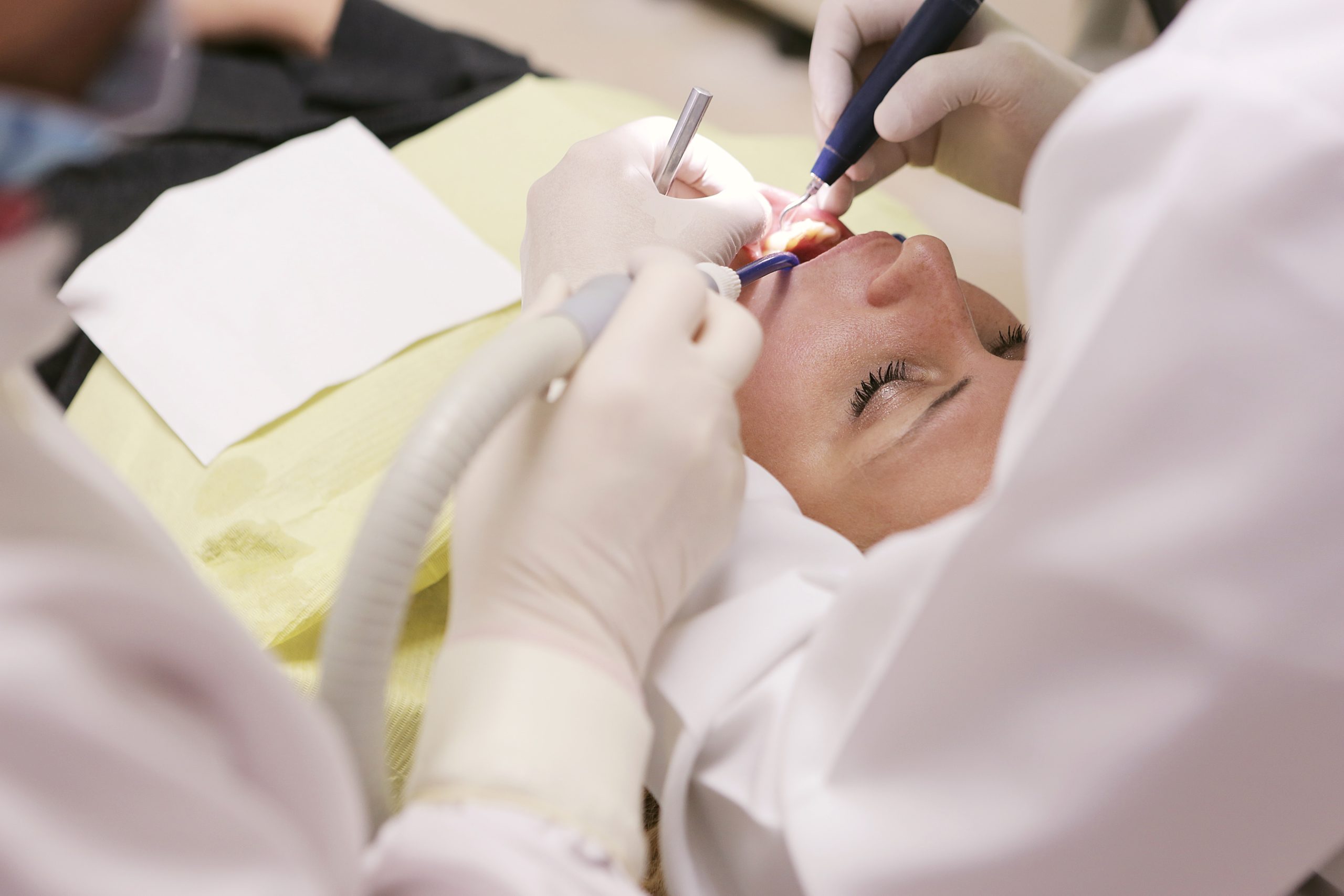Who Should Consider Sedation Dentistry?
Are you one of the many people who dread visiting the dentist? Have you ever wondered if there might be a way to make the experience more comfortable? Sedation dentistry could be the answer. This article will delve into the world of sedation dentistry, examining its benefits, who it’s best suited for, and how it can help alleviate dental anxiety for a more pleasant visit to the dentist.
Understanding Dental Anxiety and Phobia
First, let’s define dental anxiety and phobia. Dental anxiety refers to feelings of unease, worry, or fear related to visiting the dentist, whereas dental phobia signifies an intense and irrational fear of dental procedures and settings. So, what causes these feelings? Common triggers include traumatic past experiences, fear of pain, and embarrassment or loss of personal space.
Types of Dental Sedation Techniques
There are several types of sedation techniques to help relax patients during dental procedures:
Nitrous Oxide
Also known as “laughing gas,” nitrous oxide is a mild sedative that helps patients feel relaxed and calm during a procedure. The effects wear off quickly, allowing patients to safely drive themselves home afterwards.
Oral Sedation
Typically offered in the form of a pill, oral sedation allows patients to arrive at the appointment feeling drowsy and relaxed. The level of sedation can be tailored to the individual’s needs and dental procedure.
IV Sedation
Administered through an intravenous (IV) line, IV sedation provides a deeper level of relaxation. While patients remain conscious, they can still respond to instructions and may not remember much about their procedure afterwards.
General Anesthesia
This option provides the deepest level of sedation, rendering patients completely unconscious during their dental procedure. Often used for complex surgeries, it’s important to have someone available to drive the patient home afterwards.
Ultimately, choosing the right type of sedation depends on the patient’s individual needs and the specific dental procedure being performed.
Candidates for Sedation Dentistry
Patients with Anxiety and Fear
Sedation dentistry is an excellent solution for patients who suffer from dental anxiety or dental phobia. It can help them feel more relaxed, secure, and in control, allowing them to undergo necessary dental procedures without distress. For example, a patient with extreme dental anxiety might benefit from nitrous oxide sedation during a routine cleaning.
Let’s talk more about emergency dental services for a moment. In situations like cracked teeth, severe toothaches, or knocked-out teeth, waiting for an appointment isn’t an option. In such cases, emergency dental services can provide the urgent care needed, often with sedation options available to ease the stress and discomfort of the procedure.
Patients with Special Needs
Individuals with autism, ADHD, or other cognitive disorders may also benefit from sedation dentistry. Certain conditions can make it difficult for patients to feel relaxed or cooperate during dental procedures, but sedation can help manage these challenges effectively.
Patients with Sensitive Gag Reflex
Dealing with a sensitive gag reflex can make dental treatments uncomfortable or even unbearable. Sedation dentistry helps suppress the gag reflex, making procedures more manageable for both patients and dentists.
Patients with Complex Dental Procedures
Lengthy dental procedures, such as dental implants or tooth extractions, can be physically and emotionally draining for patients. The use of sedation dentistry can make these treatments more bearable and less stressful.
Patients with a History of Negative Dental Experiences
Bad dental experiences can leave lasting impressions. By using sedation dentistry, patients can overcome these negative associations, paving the way for more positive dental experiences in the future.
Dental Sedation Safety and Side Effects
Dental sedation is generally considered safe, but it’s crucial to provide your dentist with a complete medical history and a list of any medications you’re taking to minimize the risk of complications. Potential side effects of dental sedation can include dizziness, nausea, and dry mouth, but these usually resolve on their own shortly after the procedure.
The Cost of Dental Sedation
Factors that affect the cost of dental sedation can include the type of sedation, the duration of the dental procedure, and the location of the dental practice. Some insurance plans may cover the cost of sedation dentistry in certain situations, so be sure to check with yours for coverage details. Keep in mind that investing in sedation dentistry can improve your overall dental experience and help maintain your oral health in the long run.
Tips for Managing Dental Anxiety
Besides sedation dentistry, there are alternative methods for managing dental anxiety. Relaxation techniques, such as deep breathing exercises, can help reduce stress, and finding a dentist who specializes in treating anxious patients can make a significant difference.
When it comes to finding an expert sedation dentist, remember that they have undergone additional training to ensure they can administer sedation safely and effectively. Your expert sedation dentist will work with you to determine the best approach to managing your dental anxiety and ensuring a comfortable experience.
Conclusion
Sedation dentistry is a valuable tool for a wide range of patients. From those with dental anxiety to patients undergoing complex procedures, it offers a more comfortable and relaxed dental experience. If you want to explore the benefits of sedation dentistry for yourself or a loved one, don’t hesitate to consult with a dental professional who specializes in it. Don’t forget, for more information on dental services offered, click here to explore what options might be best for you and your oral health needs.

